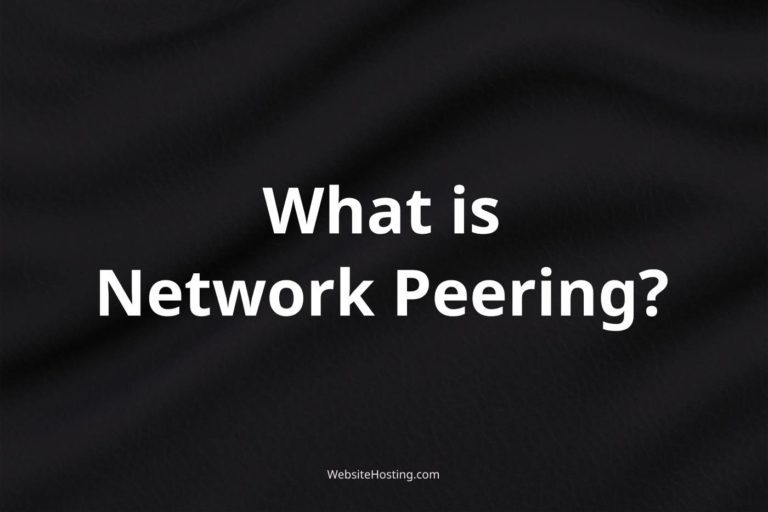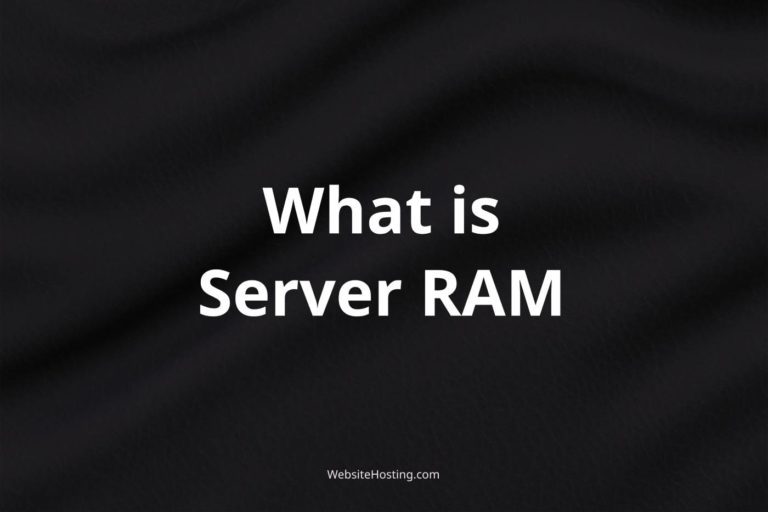Network performance is a crucial factor in web hosting, as it directly affects the speed, reliability, and availability of websites and applications.
In this article, we’ll explore what network performance is, why it’s important, and how it can be measured and optimized for a smooth and successful web hosting experience.
Network performance is crucial for web hosting because it affects the user experience, website and application functionality, and the reputation and success of a business. Slow or unreliable network performance can lead to decreased user engagement, lost revenue, and damage to a company’s brand.
How Can Network Performance Be Measured and Optimized?
There are various tools and techniques that can be used to measure and optimize network performance, such as monitoring and analyzing network traffic, optimizing network settings, and implementing content delivery networks (CDNs). Working with a reliable web hosting provider with a robust network infrastructure can also help ensure optimal network performance.
Related terms:
- Bandwidth
- Latency
- Packet loss
- Network congestion
- Content delivery network (CDN)
- Quality of service (QoS)
- Network monitoring
- Network optimization
- Round-trip time (RTT)
- Throughput
Notable brands:
- Amazon Web Services (AWS)
- Microsoft Azure
- Google Cloud Platform
- Bluehost
- HostGator
Frequently Asked Questions:
- What is network performance?
- Why is network performance important for web hosting?
- How can network performance be measured?
- What is a content delivery network (CDN) and how can it improve network performance?
- What should I look for in a web hosting provider to ensure optimal network performance?
Network performance refers to the speed, reliability, and availability of data transmitted over a network, such as the Internet. It can be impacted by various factors, including bandwidth, latency, packet loss, and network congestion.
Network performance is crucial for web hosting because it affects the user experience, website and application functionality, and the reputation and success of a business. Slow or unreliable network performance can lead to decreased user engagement, lost revenue, and damage to a company’s brand.
Network performance can be measured using various tools and techniques, such as network monitoring, analyzing network traffic, and measuring round-trip time (RTT) and throughput.
A CDN is a network of servers located in various geographic locations that work together to deliver content to users from a server that is closest to their location. By reducing the distance data needs to travel, a CDN can significantly improve network performance, reducing latency and improving a website and application load times.
When choosing a web hosting provider, look for one that offers robust network infrastructure, including multiple data centers, redundant network connections, and the latest hardware and software technologies. It’s also important to choose a provider that offers scalable solutions, as your website or application grows and requires more resources.




